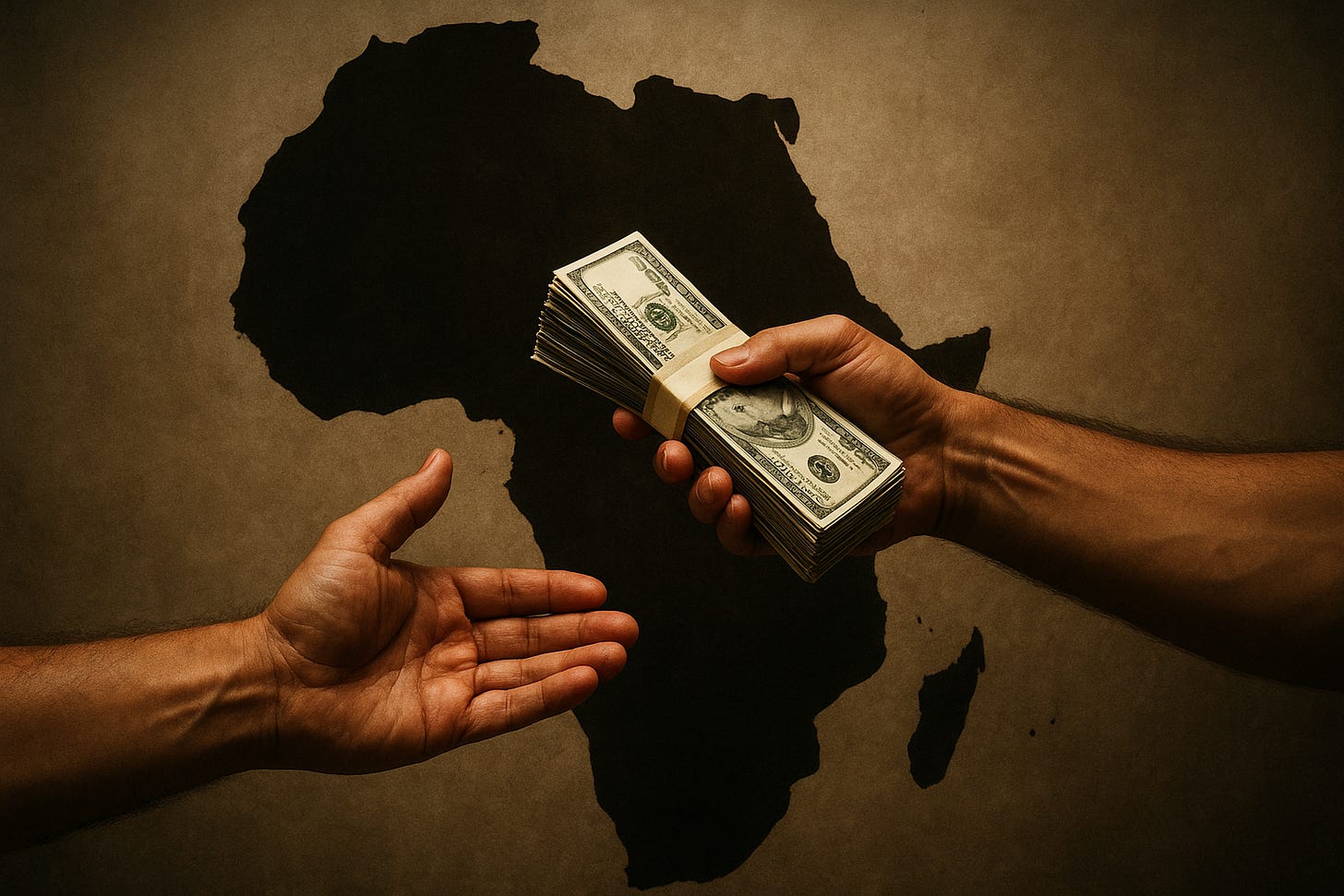Intelligence Insight | Why Highly Corrupt African Nations Rarely Become Failed States: Understanding the Paradox
Ujasusi Blog - African Strategic Security Desk | 06 September 2025 | 0005 BST
Introduction 🌍
Corruption is one of the most persistent challenges facing African nations. From Zimbabwe to Tanzania, and from the Democratic Republic of Congo (DRC) to Djibouti, corruption is entrenched in governance, public administration, and everyday life. International indices such as Transparency International’s Corruption Perceptions Index (CPI) routinely rank African countries among the most corrupt in the world.
At the same time, academic studies and policy discussions often predict that corruption, coupled with weak institutions, should lead to state failure. Yet, paradoxically, despite decades of high-level graft, authoritarian governance, and elite capture, most African nations have not collapsed into failed states. Instead, they remain surprisingly resilient, with ruling elites maintaining a firm grip on power, and state structures continuing to function, albeit poorly.
This intelligence insight explores this paradox in depth: Why do African states with extreme corruption remain politically stable, avoiding outright collapse? What explains this resilience, and what does it mean for the future of governance on the continent?


